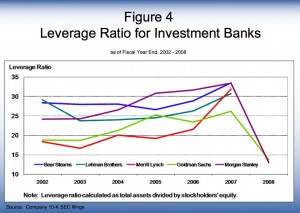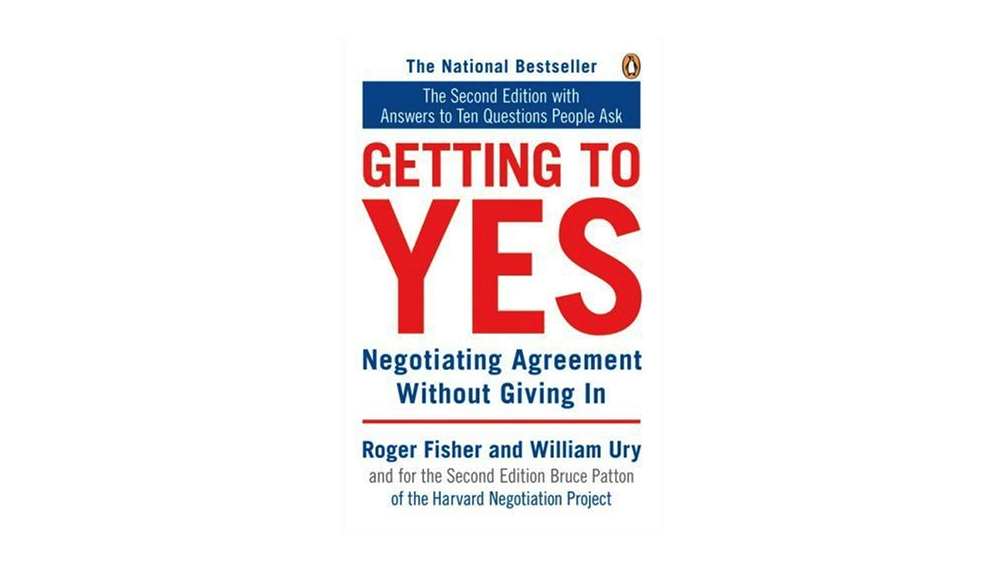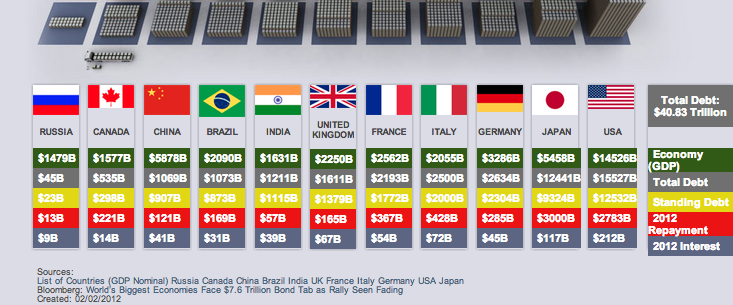 Juicing Up The Returns: Imagine 2 companies, each has assets worth $1,000,000. The first has funded its assets with $800,000 in borrowed money and $200,000 in equity from investors. The interest rate is 10% on borrowed money and the tax is 50%. Each year the $1,000,000 worth of assets leads to $200,000 in operating profits. $80,000 goes to pay interest on the debt, which the government calls an expense, of the $120,000, $60,000 pays taxes and the remaining $60,000 goes to equity holders. For their $200,000, the equity holder get a 30% return annually. Now imagine the same company funded with equity alone. They produce the same $200,000 in operating profits. There is no interest payment. $100,000 goes to government in taxes, leaving the equity holders with $100,000 which is a 10% return.
Juicing Up The Returns: Imagine 2 companies, each has assets worth $1,000,000. The first has funded its assets with $800,000 in borrowed money and $200,000 in equity from investors. The interest rate is 10% on borrowed money and the tax is 50%. Each year the $1,000,000 worth of assets leads to $200,000 in operating profits. $80,000 goes to pay interest on the debt, which the government calls an expense, of the $120,000, $60,000 pays taxes and the remaining $60,000 goes to equity holders. For their $200,000, the equity holder get a 30% return annually. Now imagine the same company funded with equity alone. They produce the same $200,000 in operating profits. There is no interest payment. $100,000 goes to government in taxes, leaving the equity holders with $100,000 which is a 10% return.
So, which would you want a Juiced or not juiced company?
 Next you might buy a non-juice (debt-free) company, and dump your debt incurred into that new company. If at all possible, this will equal or exceed the amount of cash you yourself put into the deal. So you then are able to recoup your investment. Pooling debt into a company carries the innocuous term “leveraging the balance sheet.”
Next you might buy a non-juice (debt-free) company, and dump your debt incurred into that new company. If at all possible, this will equal or exceed the amount of cash you yourself put into the deal. So you then are able to recoup your investment. Pooling debt into a company carries the innocuous term “leveraging the balance sheet.”
Now, you need to generate cash to keep up those interest payments. The company will be better run because it needs to run well or die, and it can be sold two or three years down the line at a huge profit:
First, you must strip the HQ down to its bare essentials, removing any perks or visible signs of comfort. Gut the health plans, fire loyal employees to keep up with crushing interest payments. Then you get consultants who are sharp-suited number crushers booked into the local Four Seasons, who tell you to keep squeezing the company, and the people within it. If you do so, you will be rewarded handsomely. Management is loyal to its equity holders, even though they plan to drop the business within a few years. Then the consultants send you a bill for their services which states is so high that you will have to take on more debt. After all, the government pays a chunk of it to charge interest as an expense. This enhances the returns of equity.
 Next, you float the company on the stock exchange as if it has been ‘improved.’ The private equity investor recouped his original investment months ago by selling their stocks off in the IPOs very young stages. If the investor bought it for $1 billion and can sell it for $3 billion, the $2 billion is all his + the original equity. There will be a lot of suckers at the end of that ride!
Next, you float the company on the stock exchange as if it has been ‘improved.’ The private equity investor recouped his original investment months ago by selling their stocks off in the IPOs very young stages. If the investor bought it for $1 billion and can sell it for $3 billion, the $2 billion is all his + the original equity. There will be a lot of suckers at the end of that ride!
This behaviour can potentially victimize communities where hedge funds are in it for the money, and see companies as economic machines. The social role of a company is zero. A private equity investor can stay in his lavish apartment, and trust that everything will be right without having to deal with the day to day consequences of their actions.
So some important questions need to be asked: Where are the leaders and difference-makers in private equity? What conscience do they bring to their work? What balance do they see in their roles as economic and social actors?








